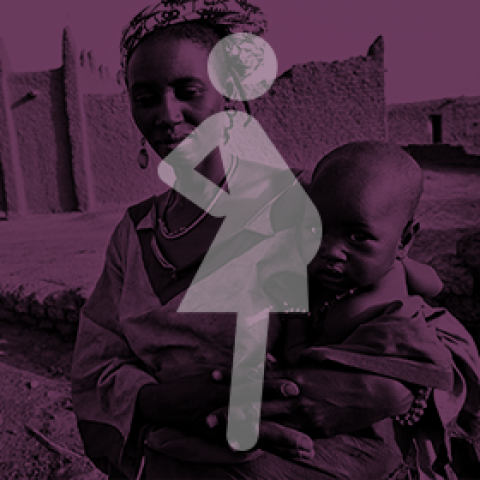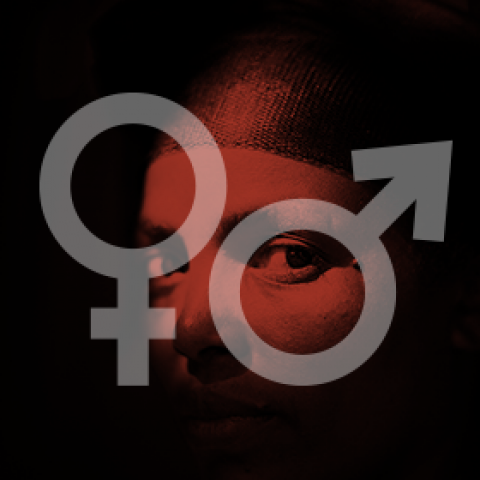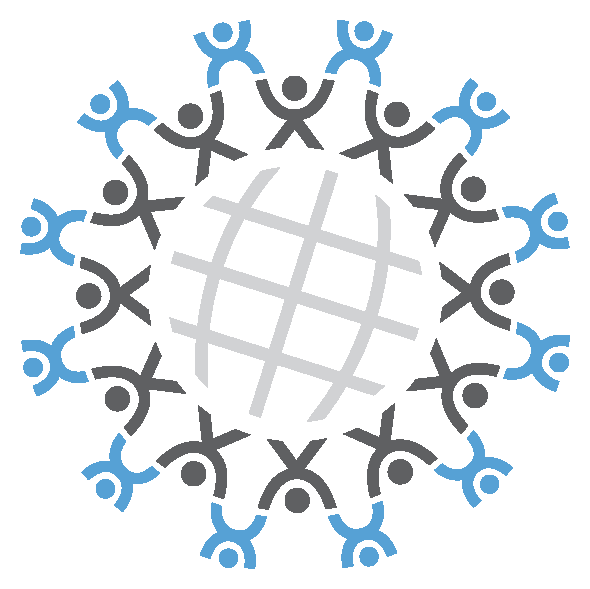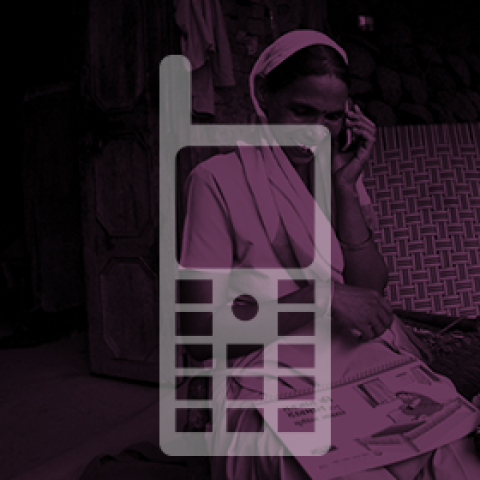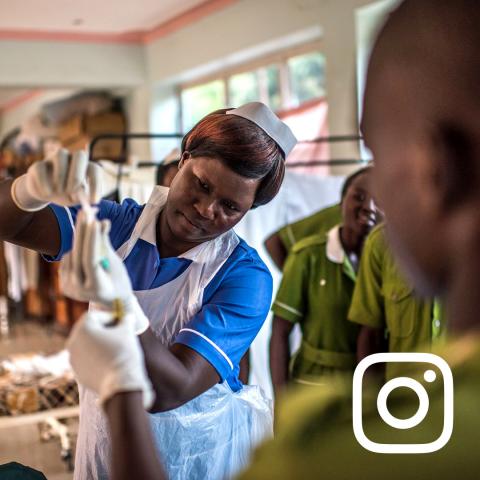Keeping Senegalese Girls Healthy By Keeping Them in School
In Senegal, we're approaching violence against women and girls from a different angle.Educate Yourself: Stop Violence against Women
Last night, IntraHealth hosted 30 activists at its Chapel Hill headquarters to discuss nine strategies for activism against gender violence.The Bell Bajao—Ring the Bell Campaign in India
The Bell Bajao! campaign has succeeded in bringing discussions and examinations of domestic violence into the public arena.Teaching Health Workers to Treat Survivors of GBV in Rwanda
A couple of months ago I was in Rwanda and was heartened by the tremendous work of my Rwandan colleagues to create programs that support and teach health workers how to offer nonjudgmental, competent care to survivors of gender-based violence.Violence in the Workplace: A Reality for Many Health Workers
Workplace violence is psychological and physical abuse that affects occupational health worldwide. It takes many forms—physical assault, verbal abuse, sexual or racial harassment, bullying, or mobbing. All studies on the subject have demonstrated serious consequences for individual health workers, for health organizations, and for the larger society.Mobile Phones: Changing Girls' Lives One Call at a Time
In a world where 1 in 3 women experience a form of violence in their lifetimes, phones can be a lifeline for a woman who is threatened or needs help.For Manuela
Sexual violence is a reality of the developed and the developing world. Globally, one in three women experience sexual violence in their lifetimes.“What about men?”
On a recent trip to Malawi, I visited the rural community of Matapila outside of the capital, Lilongwe, where a theater group was performing a series of short plays on how couples negotiate sex and make decisions about if and when to have children.Child Marriage: What You Can Do Today to Prevent It
The issue of child marriage is pervasive throughout the developing world, and it undermines local and national efforts as well as those by the United States (US) Government to improve women's and girls' education, health, and economic and legal status worldwide.






